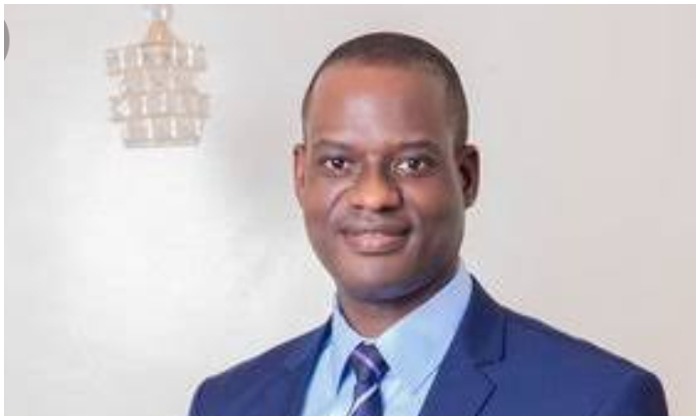The Federal Government has launched the Tax Reform Challenge, a nationwide competition designed to engage Nigerian students in discussions and creativity around the country’s new tax reform laws.
This was announced by the Chairman of the Presidential Committee on Fiscal Policy and Tax Reforms, Taiwo Oyedele, on Friday through his official X handle
According to Oyedele, the competition aims to raise awareness, promote tax education, and inspire constructive youth-led dialogue on Nigeria’s tax reform.

He explained that the initiative is part of the committee’s strategy to deepen public understanding of the new tax policies and give young Nigerians a platform to contribute innovative ideas that can shape fiscal reform discussions.
Who can participate
According to the announcement, the competition is open to undergraduates in all Nigerian tertiary institutions and graduates who are currently undergoing the NYSC program or awaiting mobilisation.
- This means students from universities, polytechnics, and colleges of education, as well as recent graduates, are eligible to participate.
- Participants are required to read the new tax laws, create and submit an article, video, podcast, radio piece, or social media post published from 1 July – 31 December 2025 relating to the tax reform.
- Oyedele added that content must be educative, engaging, and fact-based, noting that entries that are critical of the reform are welcome.
Entries will be assessed based on their creativity, factual accuracy, and ability to inform or engage the public on tax issues.
Prizes and opportunities
Winners of the Tax Reform Challenge stand a chance to win a total of N10 million in cash prizes and other incentives.
- 1st Prize: N5 million
- 2nd Prize: N3 million
- 3rd Prize: N2 million
Oyedele further revealed that consolation prizes for top 10 finalists from each geopolitical zone, including gadgets, internships or employment opportunities, and Tax Reform Youth Ambassador honours would also be awarded.
The Tax Reform Youth Ambassadors are expected to promote fiscal literacy and drive youth participation in tax-related discussions nationwide.
Interested students are advised to visit fiscalreforms.ng for more information and application details.
What you should know
The Nigerian government announced that the four tax reform bills were signed into law. The reform consists of four key pieces of legislation: the Nigeria Tax Act, 2025, the Nigeria Tax Administration Act, 2025, the Nigeria Revenue Service (Establishment) Act, 2025 and the Joint Revenue Board (Establishment) Act, 2025. These bills were signed into law by Bola Tinubu on 26 June 2025.
Within the suite, two of the laws (the Revenue Service Act and Joint Revenue Board Act) became effective immediately on the signing date. The remaining two, the Tax Act and Tax Administration Act are set to commence on 1 January 2026.
According to Nairametrics, the reforms mark one of the most sweeping overhauls of Nigeria’s tax system in decades. They include the following:
- A high exemption threshold for small businesses: for example, companies with annual turnover under N100 million and assets under N250 million may be exempt from corporate tax.
- Personal income tax threshold changes: one report indicates that from 2026, earners below N800,000 annual income may pay no income tax.
- Stricter and expanded compliance obligations: businesses will face tougher record-keeping requirements, mandatory e-invoicing for VAT-registered businesses, and more detailed transaction reporting.
- A system-wide shift toward harmonisation of tax laws and administration across federal, state and local levels, reducing duplication and improving ease of doing business.
Stay ahead with the latest updates!
Join The Podium Media on WhatsApp for real-time news alerts, breaking stories, and exclusive content delivered straight to your phone. Don’t miss a headline — subscribe now!
Chat with Us on WhatsApp





